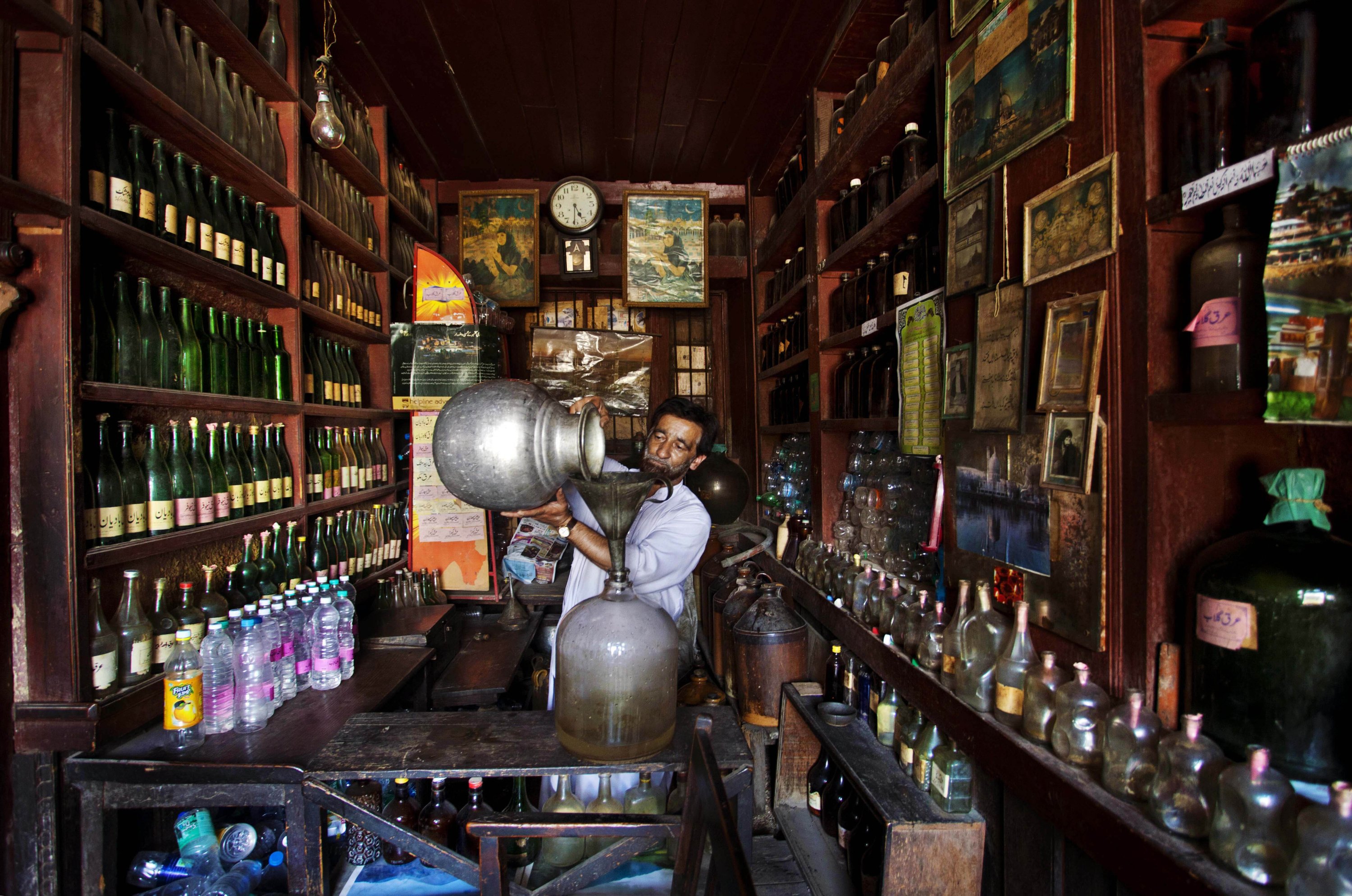© Turkuvaz Haberleşme ve Yayıncılık 2024
Celebrated as a symbol of love and often associated with romance, the rose has a 35-million-year history. While it is grown for ornamental purposes, it also has various medicinal uses as it contains antioxidants.
It has been known for centuries that the rose creates a sense of well-being and has powerful effects on physical, emotional and even spiritual health. Therefore, this plant has gained a significant place in Turkish culture, playing an influential role in culinary, cosmetics, medical uses, poetry and literature with its all benefits.
Rose water is one of the most common products extracted from this beautiful plant. It originated in ancient Persia as a wellness and beauty secret. While widely used in cosmetics today, it serves as a remedy for many health problems.
Rose water rejuvenates and hydrates skin and also works as a facial cleanser. The anti-bacterial properties in it make this liquid an ideal agent for cleaning the residual dirt on the scalp and thus it also works as an ingredient in hair serum.
Moreover, this liquid has many health benefits. The pure steam-distilled rose water is used as a remedy to prevent itchy eyes, sore throat and gut. Its direct and oral use is known to treat a number of mental health conditions. Thus, it also has antidepressant and antianxiety properties.
Rose is called “gulaab” in Kashmir, and these plants are grown on a small scale in this region compared to Turkey. However, rose water is as popular in the area as in Anatolian lands.
Interestingly, the craft of distillation of rose water and rose syrups came to Kashmir from Turkey. This authentic, manual technique of extracting rose water was brought to the region 400 years ago by the forefathers of Abdul Aziz Kozgar, who arrived in Kashmir with the son of Iranian scholar Mir Syed Ali Hamdani and settled permanently in the valley.
Kozgar has inherited this skill from his father Habibullah Kozgar and has been safeguarding this secret for a long time.
In the production process, Kozgar boils rose petals and other herbs in a cauldron, and the vapors traveling through the mass of coils are condensed and distilled. Kozgar’s shop in Srinagar is filled with old glass jars and pictures of Sufi saints in a rosy atmosphere.
The craft of preparing rose syrups and perfumes, plus its production and demand have declined over the years in Kashmir. Although some came to Kozgar to learn the craft, they generally adopted the mechanical way of making it and moved away from the manual practice.

This is the reason why Kozgar is the last maker of rose water who is not interested in increasing production and continues to carry out the process manually. However, the craftsperson is sadly witnessing the death of his craft. While he does not run his shop for money, he wants to maintain his ancestor’s legacy.
Along with rose water, Kozgar also produces syrups and perfumes that carry great historical significance in his shop. He prepares a myriad of herbal syrups such asas “arq tshandan,” “kaah zabaan,” “arqi neelofar” and “gulkand.” These syrups are utilized orally and do not have any side effects. A traditional and authentic recipe prepared from rose petals and sugar, gulkand, or rose petal jam works miracles for intestines and stomach-related ailments. Besides, the perfumes prepared from locally grown Kashmiri pink or English rose are also widely sprayed at holy shrines in the valley. But the interest in these syrups and perfumes has also decreased lately.
Although the Kozgar family's craft is unlikely to pass onto the next generations, Kashmir will never forget their shop and its efforts to introduce this historically and spiritually important flower to the region.
